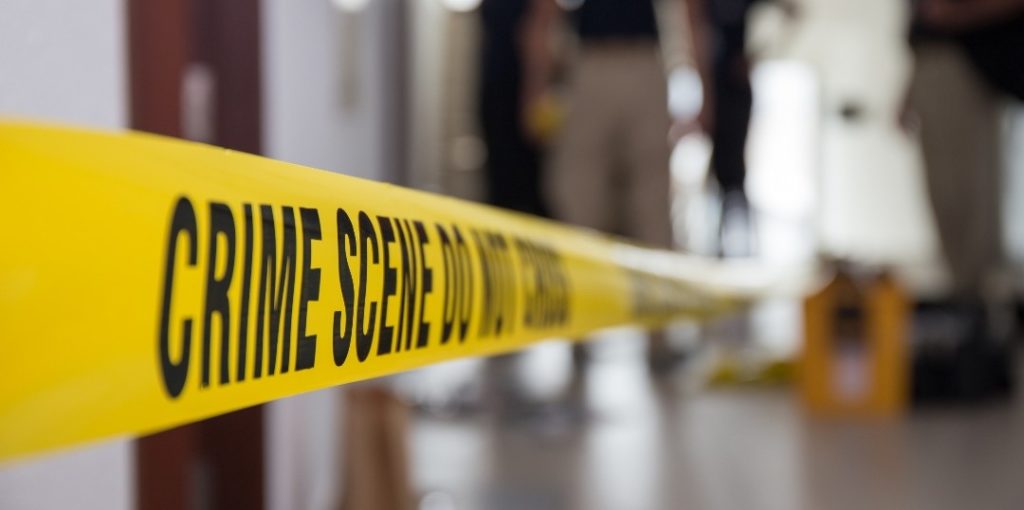Author: Prof. N. Porter
The seemingly endless variety of fictional television crime dramas has had more far-reaching effects on the public than just providing pure entertainment: it has increased public knowledge of the inner workings of crime scene investigation, analysis, and the justice system. Or has it?
Experts tend to agree that while the public is generally less in the dark about these subjects than they were, say, thirty years ago, some of their perceived knowledge can be deemed misleading. What the public thinks they know about forensic investigation can be enough to influence a panel of jurors during a trial because they think they know more about the investigatory process and how the case is supposed to end. This is a direct result of what attorneys dubbed “The CSI Effect” back in 2005. TV shows like “C.S.I.” make it seem like the case has been solved before it ever goes to trial, and tends to take actual cases and mix them with fictional elements to add drama. This ends up often confusing viewers as to what is reality and what is simply for ratings.
There have also been actual cases where the influence of a show can actually assist a criminal commit a more “perfect” crime. Such cases have been documented around the globe, such as Marina Calabro; perpetrators felt they could commit the perfect crime by using what they’d learned from watching shows like “Forensic Files”. According to reports and experts, they did a shockingly great job of making the death appear to be an accident because the crime scene was processed as an accident and no further investigation was conducted. It most likely would officially have remained an accident had one of the young men not bragged about the murder to another individual, who immediately informed police.
Many attorneys, judges, journalists and other consultants have claimed that watching certain television programs has caused jurors to wrongfully acquit guilty defendants when no scientific evidence has in fact, been presented. What ended up happening? The mass media quickly picked up on complaints and the term “CSI Effect” was dubbed – placing a majority of the blame on popular television series and the like.
So, if people have higher expectations around scientific evidence as a result of “The CSI Effect”, the question then becomes a matter of whether jurors in the REAL world demand to see scientific evidence BEFORE they will find a defendant not guilty? According to some recent professional studies, viewers were more likely to convict without scientific evidence if eyewitness testimony was available. In rape cases specifically, viewers felt more hesitant to convict without DNA evidence. Finally, in theft scenarios, viewers felt they would convict based on witness identification alone, even if fingerprint evidence was missing.
The term “CSI” Effect may have been given its name back in 2005, but its effect has only grown. There is an ever-growing list of modern graphic crime shows, of both fact and fiction. This trend shows no signs of stopping anytime soon. This continues to have far reaching implications for our legal system. It is particularly important for judges and lawyers to understand the ever-changing juror expectations regarding forensic science.
Our legal system in Canada demands proof beyond a reasonable doubt before the Crown is allowed to punish an alleged criminal. When a scientific test is available that would produce evidence of guilt or innocence—but the prosecution chooses not to perform that test and present its results to the jury—it may be reasonable then, for a jury to doubt the strength of the Crown’s case. This reality is a scary one, for our justice system.
One proposed response that most agree on, would be to equip officers of the court (i.e., judges, prosecutors, and defense lawyers) with more effective ways to address juror expectations. When scientific evidence is not relevant, prosecutors must find more convincing ways to explain the lack of relevance to jurors. In other words, it is our justice system that must fill in the gap. How will they respond? Prosecutors, defense lawyers, and judges should understand, anticipate, and address the fact that jurors enter the courtroom with a lot preconceived notions about the criminal justice system and the availability of scientific evidence.
In my opinion, the bottom line is this: Our justice system must find ways to adapt to the increased expectations of those whom we expect to cast votes of “guilty” or “not guilty”. Someone should only be convicted based on scientific evidence, beyond a reasonable doubt in other words… NOT based on personal or preconceived notions of what our criminal justice system looks like on television.
References
https://nij.ojp.gov/topics/articles/csi-effect-does-it-reallyexist
https://scholarworks.sjsu.edu/cgi/viewcontent.cgi?article=1027&context=themis
